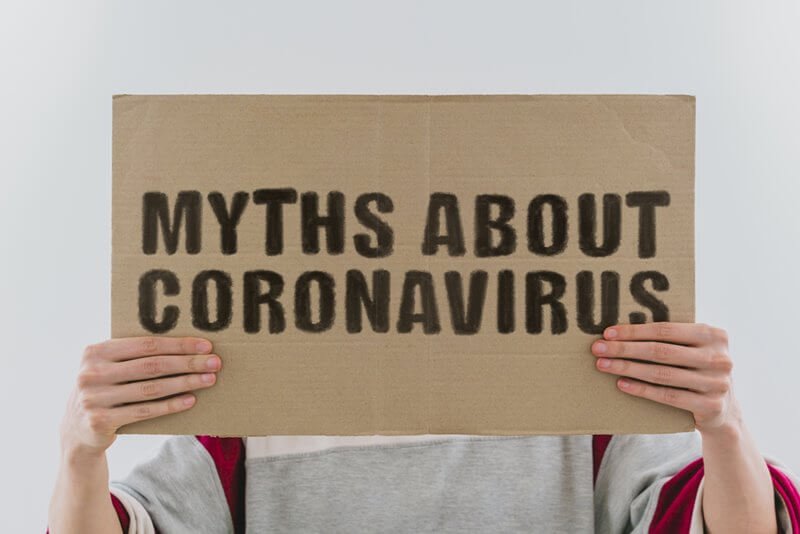[W]idespread immunization is the fastest and best way to begin to return to a more normal way of life. Seven of the most common myths I’ve heard from patients, friends and colleagues follow, along with my rebuttals.
1. The vaccine hurts fertility, especially in young people.
For some reason, this is the most common false assertion I hear. Sometime last year, a German doctor and a former Pfizer employee raised a concern that the coronavirus’s spike protein — the material that makes up those sharp protruding bumps you see in depictions of the virus — was in some ways similar to a protein that is part of a healthy placenta’s functioning during pregnancy… The two spike proteins are distinct, and there is no evidence that the vaccination leads to antibodies that attack the placenta.
7. A vaccine that is ‘only’ 70 percent effective isn’t worth it.
As with so many things in public health, don’t let the perfect be the enemy of the good. It’s great that in trials the Moderna and Pfizer vaccines have been about 95 percent effective against symptomatic disease, but that level of effectiveness is not necessary. In trials Jonas Salk’s polio vaccine was 80 percent to 90 percent effective, and it changed the world.































